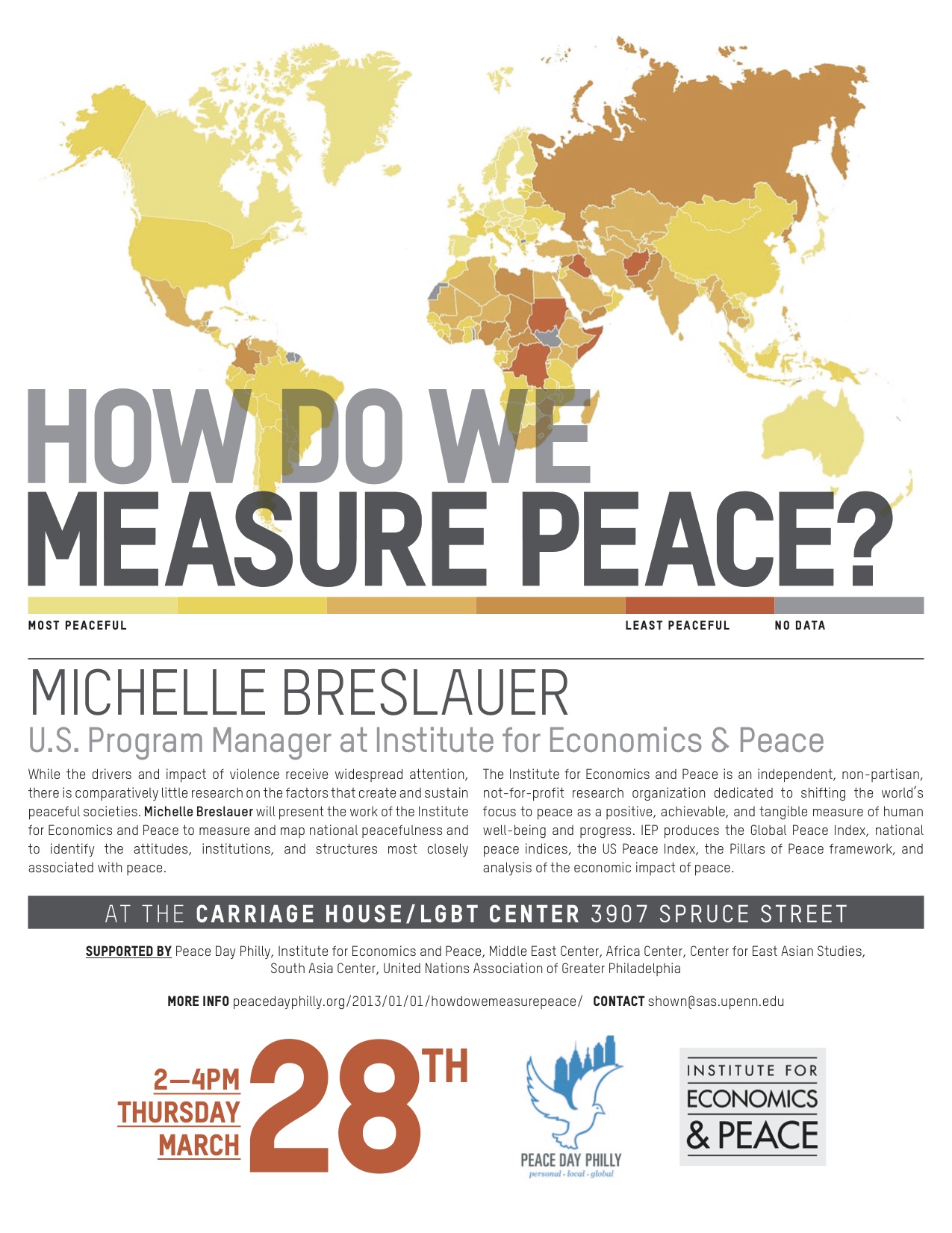This event has now been rescheduled. Details below.
From our friends in the Lang Center for Civic and Social Responsibility and the Economics Department
Lessons from the Ebola Crisis
A Lecture by Nancy Lindborg
President of the United States Institute of Peace
Discussant: Professor Steve O’Connell
Gil and Frank Mustin Professor of Economics
TUESDAY, MARCH 14, 2017
7:30 P.M.
SCHEUER ROOM
Nancy Lindborg headed the Ebola High-Level Task Force at USAID, where she was director of the Democracy, Conflict and Humanitarian Assistance (DCHA) Bureau. She currently serves as President of the United States Institute of Peace, an independent
institution founded by Congress to provide practical solutions for preventing and resolving violent conflict around the world.
Sponsored by the Lang Center for Civic and Social Responsibility’s Global Affairs Program with support from the Economics Department.





 The Creative Destruction of Capitalism and the Rise of Social Entrepreneurship
The Creative Destruction of Capitalism and the Rise of Social Entrepreneurship